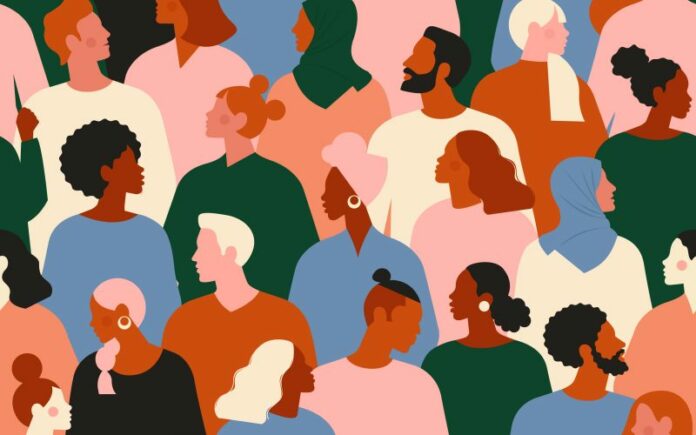
In the enormous terrain of internet discussions about race, class, and privilege, a social phenomenon known as the “race to innocence” has gained popularity. This phenomenon occurs when people shift conversations concerning societal structures to focus on their own marginalized identities, effectively protecting themselves from realizing their positions of power. While this behavior was initially explored in the context of white women in Mary Louise Fellows’ 1998 paper, it has evolved into a broader trend encompassing diverse groups seeking to avoid accountability or fortify their moral and political stances.
The race to innocence is not limited to any specific demographic, it extends to those who engage in online activism, using various self-proclaimed identities—ranging from mental disorders to sexual orientations and racial backgrounds—as social currency. In today’s online culture, the more adversity one claims to have faced, the higher their social value. This has resulted in the fetishization of adversity and oppression, with people exaggerating or fabricating challenges to gain support for their beliefs.
The monetization of oppression is especially hard on individuals considered “too privileged,” who are frequently silenced or persuaded to believe their ideas are worth less. In response, some people resort to claiming diseases or establishing identities that correspond with societal challenges to integrate into a community that may have previously ostracized them.
On the other hand, individuals who consider themselves “oppressed enough” utilize their identities as badges, collecting them to reinforce their arguments in what is known as what some would call the “Oppression Olympics.” While this conduct may be motivated by a need for territorial protection within marginalized communities, it ultimately creates a cycle of identity performance that undermines the sincerity of genuine problems.
Criticism of this conduct frequently comes from within oppressed populations, but it is critical to note that it is motivated by a territorial urge to defend perceived ownership rather than a genuine concern for others. Parading one’s identity as a performance not only minimizes the challenges associated with that identity but also adds to the discriminatory behaviors that sparked the race to innocence in the first place.
In the pursuit of community and solidarity, individuals should resist the temptation to check boxes for oppressions that do not pertain to them. Simultaneously, the oppressed should not be seen as mere social currency in online discussions. It is critical to go past the race to innocence and create a more inclusive and genuine online environment—one that appreciates authentic experiences, develops understanding, and promotes unity while not continuing a damaging cycle of identity performance.
For comments/questions about this story, DM us on Instagram @thewhitatrowan or email thewhit.opinioneditor@gmail.com.





